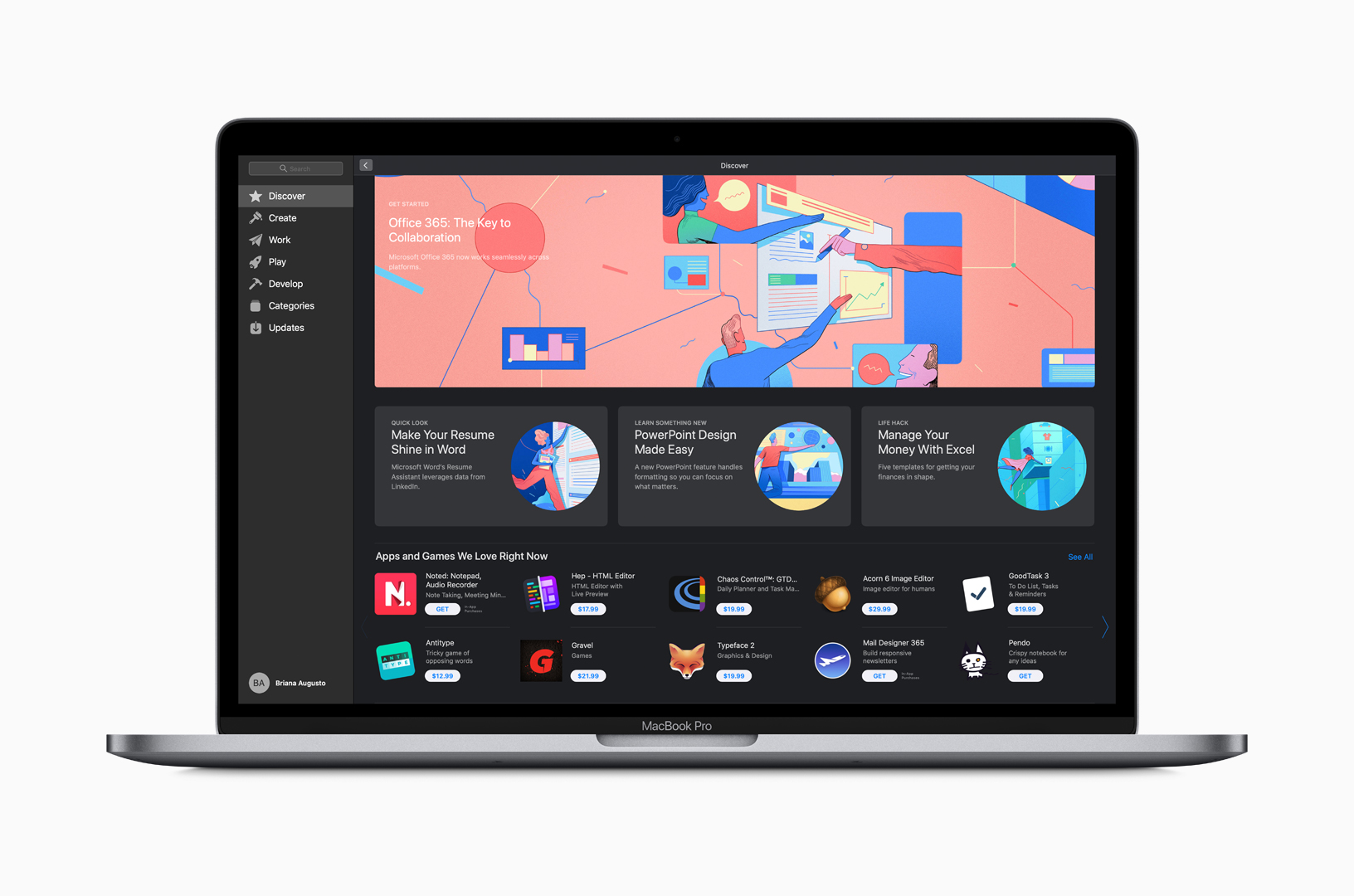

Handling Meeting RequestsĪlways Respond to Meeting Requests in the Inbox - We recommend that you always accept or decline a meeting request from the Inbox. See Permission Settings For Your Office 365 Calendar for more information.

If more than one user must have access to your mailbox, carefully consider whether these users have to be delegates or if you can assign Reviewer permissions instead. do not process, do not delete) meeting requests for the mailbox if they receive them. All other computers/devices and people should ignore (i.e. The mailbox owner and delegate must decide who will be processing all the meeting requests. This means that you should only assign one delegate with Editor permissions. Only ONE person should process meeting invites - Make sure that only one user for each mailbox receives and processes meeting requests.

Scheduling an appointment just for yourself on your mobile device is ok. Mobile devices tend to cause the most issues with appointments becoming corrupt, missing, or out of sync. It is recommended that mobile devices only be used for viewing your calendar. If you must use a mobile device to manage your calendar, use the Outlook app to accept/decline meeting requests. If you are in a mixed environment of Windows, Mac or mobile devices, each platform should use the same version and each device should have the latest service pack and updates. Use the same version of Outlook - Mailbox owners and any delegates should be using the same version of Outlook with the latest service pack and updates on all computers that are used for calendaring. Make sure your mobile device has the latest OS/iOS version. Keep current with Microsoft Office Updates - There are known issues that are fixed with each service pack or update. Microsoft Outlook, OWA (Outlook Web App) and the Outlook mobile app are the recommended clients. Some best practices are listed below: Use Preferred Clients As each attendee receives an email message with calendar appointment information, their email and calendaring client reads the message and updates their individual copy of the meeting on their personal calendar. Instead, in order to allow Office 365 meetings to work with other calendaring systems and external users, all calendaring data requires the sending and receiving of email messages to all attendees.
#Outlook 365 for mac archive by year update#
For instance, if someone accepts a meeting at 9am on an iPhone and a delegate declines it at 9:10am on a PC, but the iPhone is out of signal range and doesn't sync the meeting until say 9:30am., what happens to the meeting? Many people assume that the Office 365 calendar system tracks a meeting as a single copy and that any edits to a meeting will automatically update and appear for all attendees. Another cause of the issue is sync timing. Office 365 itself is usually not the root of the problem - the mail clients (ActiveSync, iOS devices, iCal) and their connectivity protocol tend to be the culprits. For more information see: Microsoft Calendar Appointment Corruption Issues (August/2018 Update) and Exchange Outlook Calendaring Problems. This issue has been reported in organizations with Office 365, Microsoft Exchange, Outlook (2010, 2013 or 2016), Apple iPhones/iPads, Active Sync devices, Macs running Outlook for Mac, etc. If you've noticed missing calendar appointments, e.g., lost meetings, delegate issues, or meeting updates from someone other than the original organizer, you're not alone.


 0 kommentar(er)
0 kommentar(er)
